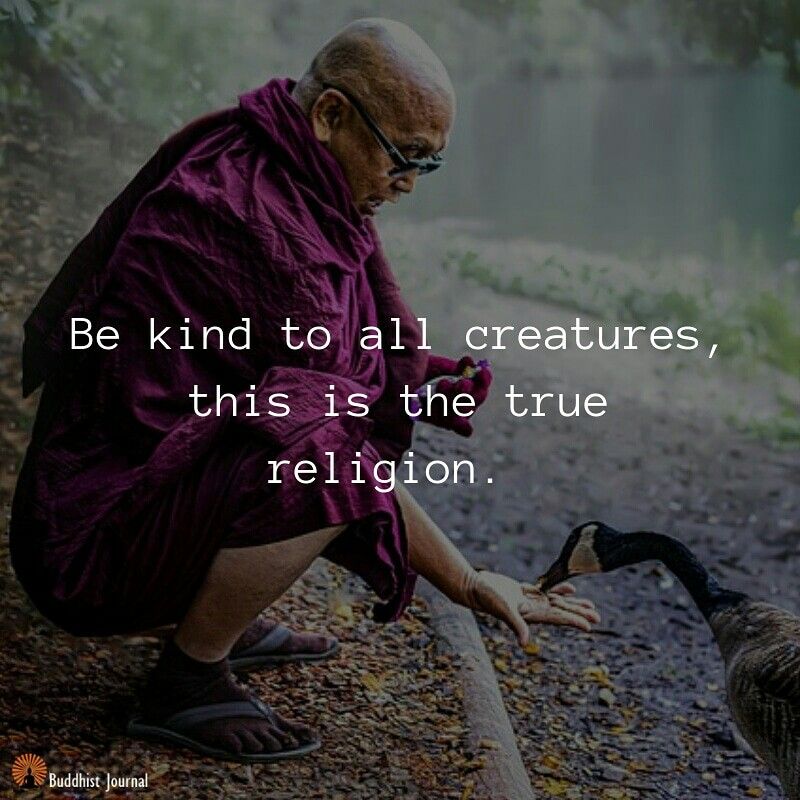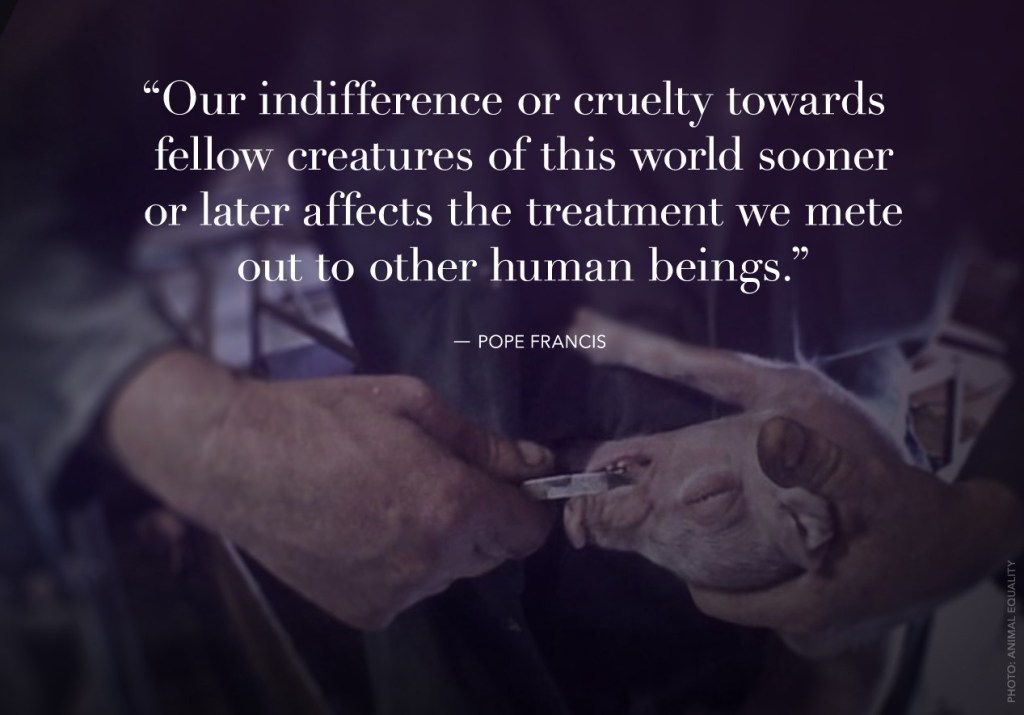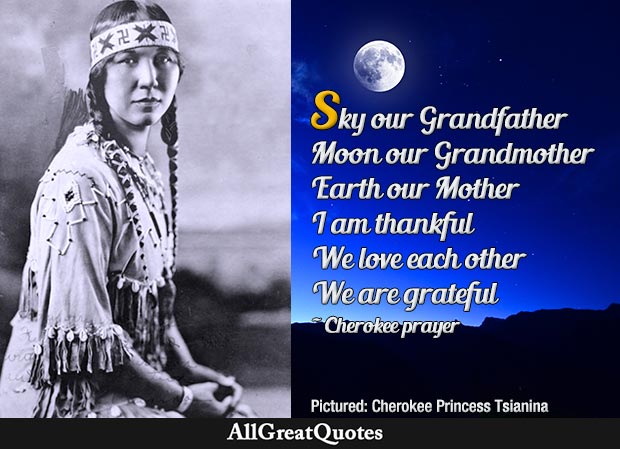I came across this post by Bruce on Earth Day, but have been busy attending and presenting at two conferences and completing work with student teachers. My delay provided me with room to reflect on what Earth Day means, raising questions for me about its meaning. Quite often, we relegate one day a year to celebrate a particular event and, once done, we relegate it do a shelf for another year. I think Earth Day is treated that way.
What Bruce’s reminds me of is the daily wonders I experience when I consider Earth Day an ongoing event. In this particular post, he draws on Wendell Berry who is an elegant voice on the concept of caring for the nest we share with each other. In his writing, Wendell Berry reminds me ecology and economy come from the Greek oikos, meaning household. My mother used to say “Even pigs do not poop where they live, eat, and sleep?”
Humans are not separate from nature. We are an integral part of nature and how we treat nature, including one another, speaks to who we are as part of nature. Do we exploit nature for 364 days without any consideration for tomorrow? Or, do we conserve its beauty and while over its worth and common good? I think a word that is often overlooked is prudent. Do we live within our means? Do we care for our household with prudence and care?
I understand the political notions of conversativism and progressivism as a false dichotomy. What does it mean to converse? What do we want to conserve? When we progress, what do we throw out? Both sides, if it can understood as sides, do little to conserve. In fact, I contend that, if we solved our environmental issues, the people who stand on opposite sides would be unhappy. They would be left with nothing to argue about and unable to point accusatory fingers at one another.
The post concludes with: “Only the present good is good. It is the presence of good – good work, good thoughts, good acts, good places – by which we know that the present does not have to be a nightmare of the future. ‘The kingdom of God is at hand’ because, if not at hand, it is nowhere.” In a Judeo-Christian biblical narrative and despite what many claim, we were left to be stewards of nature, to care for it, and allow it to flourish so we might flourish. This is not unique to the Judeo-Christian traditions. There are teachings attributed to The Buddha that speak to how we should treat animals. This includes their habitat, food source, water source, etc. and is not simply the treatment of pets and livestock. As well, Indigenous people share an understanding of the interconnectedness of nature and the universe.
I leave with you three quotes and I found many others.










